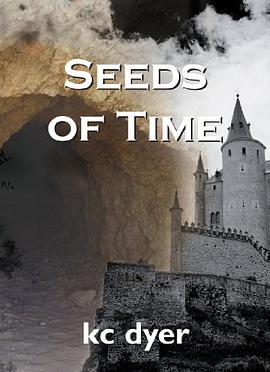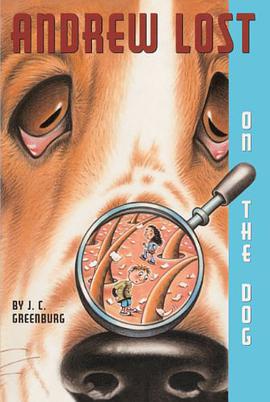

This title investigates the history of national disunity in Germany since the end of World War II from a linguistic perspective. It asks: what was the role of language in the ideological conflicts of the Cold War and in the difficult process of rebuilding the German nation after 1990? In the first part of the book, Patrick Stevenson explores the ways in which the idea of "the national language" contributed to the political tensions between the two German states and to the different social experiences of their citizens. He begins by showing how the modern linguistic conflict between east and west in Germany has its roots in a long tradition of debates on the relationship between language and national identity. He then describes the use of linguistic strategies to reinforce the development of a socialist state in the GDR and argues that they ultimately contributed to its demise. The second part considers the social and linguistic consequences of unification.
具體描述
讀後感
評分
評分
評分
評分
用戶評價
相關圖書
本站所有內容均為互聯網搜索引擎提供的公開搜索信息,本站不存儲任何數據與內容,任何內容與數據均與本站無關,如有需要請聯繫相關搜索引擎包括但不限於百度,google,bing,sogou 等
© 2025 qciss.net All Rights Reserved. 小哈圖書下載中心 版权所有




















